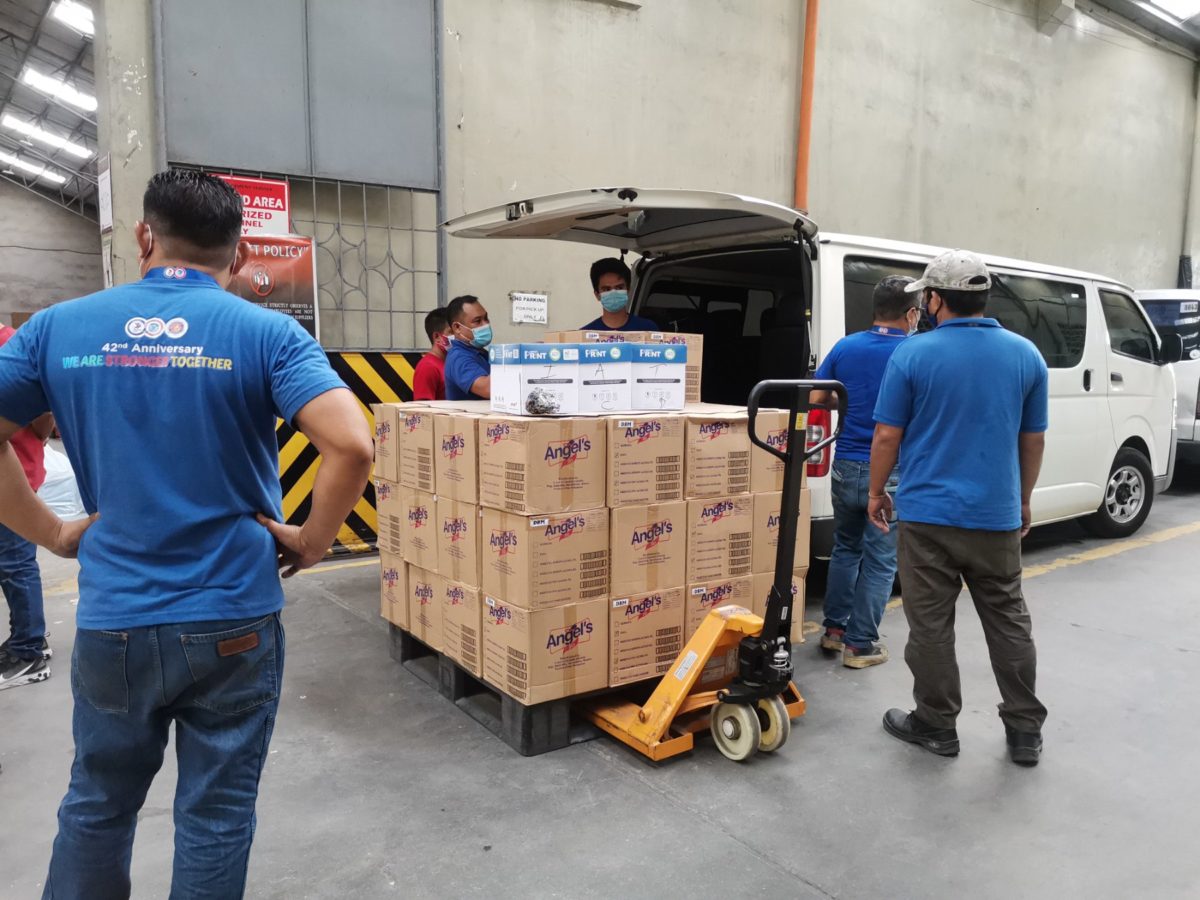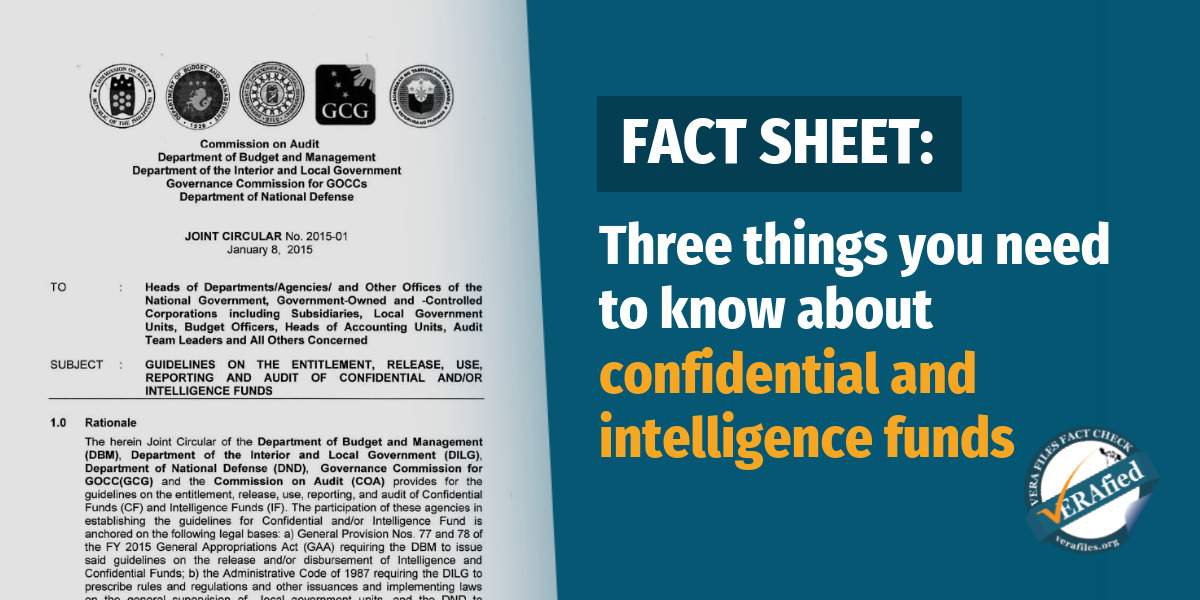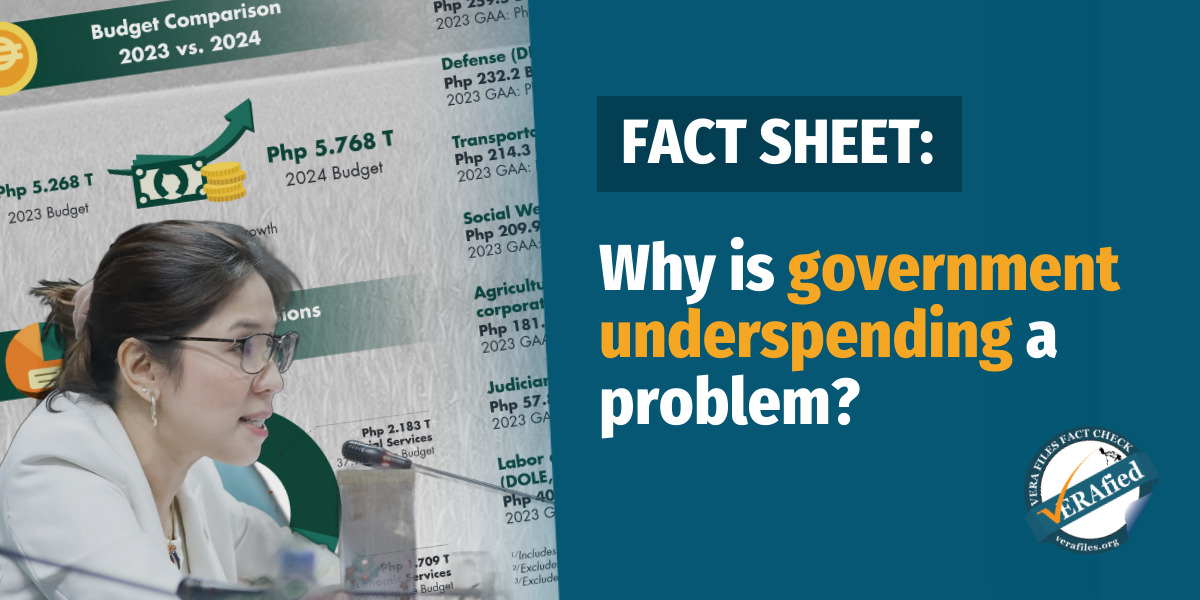The proposal of Sen. Imee Marcos for the abolition of the Procurement Service under the Department of Budget and Management (PS-DBM) and the Philippine International Trading Corp. (PITC) won’t end what she described as “systemic corruption” in the two offices created during her father’s presidency.
Throwing erring public officials and private contractors in jail will be a more effective deterrent to engaging in rigged bidding, overpricing, favoritism in awarding contracts and other opportunities to make money and inflate the prices of government procurement.
Marcos recalled the purchase of the allegedly overpriced P42 billion worth of face masks, face shields and other personal protective equipment for the Department of Health (DoH) in 2021, which was coursed through the PS-DBM. Some P8.7 billion of the amount went to the Pharmally Pharmaceutical Corp., an under-capitalized private company linked to some high officials of the previous administration
Recently, the PS-DBM figured again in the acquisition of P2.4 billion worth of laptops for the Department of Education (DepEd), which the Commission on Audit (CoA) had also flagged for having been overpriced. The laptops were bought at P58,300 per unit, up from the original approved amount of P35, 046.50. As a result of the price adjustment, DepEd was able to buy only 39,583 units for the public school teachers, instead of the intended 68,500.
What is more revolting in the procurement was that the pricy laptops were entry-level with low-end Intel Celeron processors, which have slower processing unit clocking speed, based on descriptions in technology websites.
The DepEd has pointed to the PS-DBM as responsible for the questionable acquisition cost. On the other hand, the PS-DBM said DepEd had approved the price adjustment.
In the case of PITC, Marcos said the agency has become “a repository for unobligated funds of national government agencies” that were avoiding the return of unused portions of their annual budget to the national treasury and using these to fund year-end bonuses.
CoA flagged PITC in its 2021 audit report as harboring P34 billion in idle funds from various national government agencies, including those for the acquisition of firetrucks and military supplies that had not been delivered for as long as six to eight years.
These irregularities are clear violations of the laws that created PS-DBM and PITC, as well as Republic Act 9184, or the “Government Procurement Act.” But have erring officials been made to account and spent time in jail for the anomalies?
Marcos said both PS-DBM and PITC have “outlived their usefulness” and have “become agencies of malfeasance and corruption.” The national government, she said, should instead engage in greater direct procurement, particularly after her brother, President Ferdinand Marcos Jr., had said he was inclined to extend the state of public health emergency as the country still struggles to get out of the coronavirus 2019 (COVID-19) pandemic.
Since its inception in 1978, PS-DBM (originally named Integrated Procurement Service under Letter of Instruction 755) was intended to “substantially reduce” the costs of government operation “through greater efficiency in the procurement of supplies and materials.”
Its primary policy is “procuring supplies and materials in the most economical and efficient manner, by purchasing directly from reliable sources in economic lot sizes, by observing optimum specifications and by making payment.”
Subsequent laws through various administrations enhanced and strengthened the procurement system to lessen opportunities for corruption and reduce costs for the government.
Among these measures was the creation of the Philippine Government Electronic Procurement System (PhilGEPS), the single, centralized electronic portal that serves as the primary and definitive source of information on government procurement. It is owned and operated by PS-DBM.
It is but logical for the government to buy supplies and materials at reduced prices, considering that it is buying in big bulk for all the government agencies. But instead of buying “directly from reliable sources,” PS-DBM has been buying from suppliers that have yet to establish their reputation in the business.
Pharmally is one classic example of blatant deviation from the procurement requirements. For one, the company was incorporated only on Sept. 2, 2019 with only P625,000 in paid-up capital. In less than two years, it already bagged 13 contracts with the government worth P11 billion, all involving supplies for Covid response — from March 2020 to July 2021.
Marcos rightly observed that PS-DBM has been reselling to national government agencies supplies and equipment procured from private suppliers. This is not allowed under the procurement laws.
The procurement system will work only if public officials and employees, as well as private contractors and suppliers, are held to account for these serious deviations from the law. Send them to jail and let them pay the amounts they have taken from government by buying substandard supplies and materials but at higher cost.
The views in this column are those of the author and do not necessarily reflect the views of VERA Files.
This column also appeared in The Manila Times.


